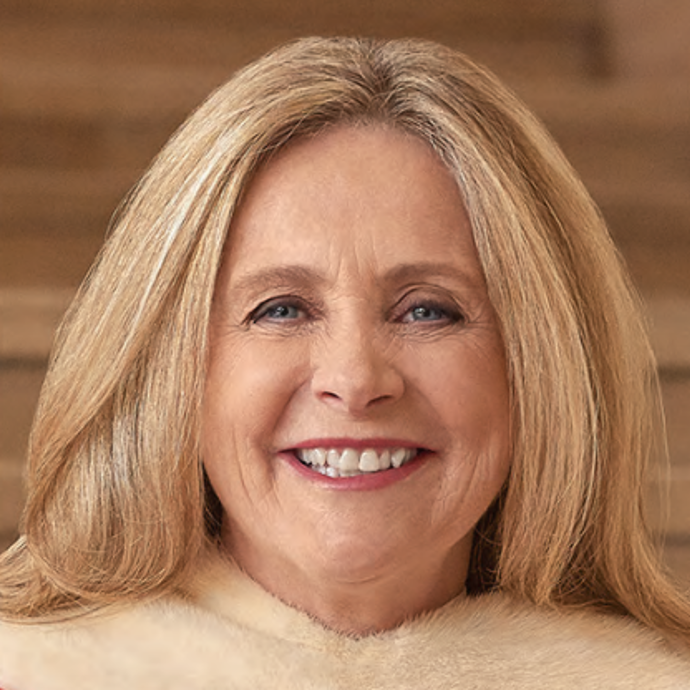
By age seven or eight, Supreme Court of Canada Justice Sheilah Martin, '83 LLM, already had a deep and abiding sense of what was right and fair.
"All around me I saw people being bullied or marginalized or discriminated against because of a characteristic that they didn't choose, and I didn't think that was an appropriate way to treat people," said Martin, who grew up in Montreal in the 1960s and 1970s.
"Why wasn't I allowed to play football with the boys? Why couldn't English students attend French school? Why were there separations based on people's religion, language, race?"
Her desire to ensure fairness and justice for all has propelled Martin through a high-profile career that included prominent involvement in David Milgaard's precedent-setting wrongful conviction compensation award, and as a judge, granting Canada's first court approval for physician-assisted death, two of many significant cases.
Yet even before being appointed to the Court of Queen's Bench of Alberta in 2005, the Supreme Court of Yukon in 2009, the Courts of Appeal of Alberta, the Northwest Territories and Nunavut in 2016 and the Supreme Court in 2017, Martin spent almost 20 years in academia.
After earning her LLB from McGill University and her master's at UAlberta Law, she was a law professor at the University of Calgary until 1986. She went on to receive her doctorate of Juridical Science from the University of Toronto in 1991 and was acting dean and then dean of the University of Calgary's Faculty of Law from 1991 to 1996.
As a criminal and constitutional lawyer in Calgary from 1996 to 2005, that immersion in legal scholarship benefited her greatly, Martin says.
"As an academic, your goal is to master a topic. I really liked being 10 questions deep on a subject. I liked that I knew everything that existed about a topic, so that I felt I had legitimacy behind my opinions."
Among her most persuasive opinions was the brief she wrote to help support the $10-million dollar settlement for Milgaard, Canada's longest-serving prisoner before he was released after 23 years in prison for a rape and murder he did not commit. After poring over his prison records and interviewing him and his family, she highlighted that he could have likely been freed after seven years if he had admitted to the crime. Despite difficult prison conditions, he refused, and as she later wrote, "with this strength of character who could this young man have been if his life had not been interrupted by his wrongful conviction?"
Martin also did foundational work on the 2005 Indian Residential Schools Settlement Agreement, which ended the need for each Indigenous survivor seeking compensation to prove personal victimization and instead acknowledged familial, community and intergenerational harms.
She made numerous other socially and legally significant decisions while on the Court of Queen's Bench, to which she was appointed in 2005.
In 2016, she issued Canada's first judicial approval for physician-assisted death, and then several subsequent ones, cases she calls the most intense and meaningful of her career.
In the 2012 trial of Dustin Paxton, who was convicted of torturing his roommate, Martin declared him a dangerous offender in a complex case marked by several rare events. These included permitting accredited media to use instant messaging technology within the courtroom, one of the first such rulings in Canada. At the end of the trial, Paxton's counsel became witnesses in an (ultimately unsuccessful) application to stay proceedings. Managing that unusual situation, Martin made a notable decision that disputed a call for her recusal.
"I think the thing you learn from all your cases is, you have to work really hard on each individual case," says Martin. "Each has its own facts and issues and you really have to dig down on each matter."
She credits UAlberta Law incoming interim dean David Percy for teaching her the rudiments of how to do that during her master's studies. "I didn't know how to construct a big argument and write very well. He, the school, the program made sure I learned how to ask the deeper questions."